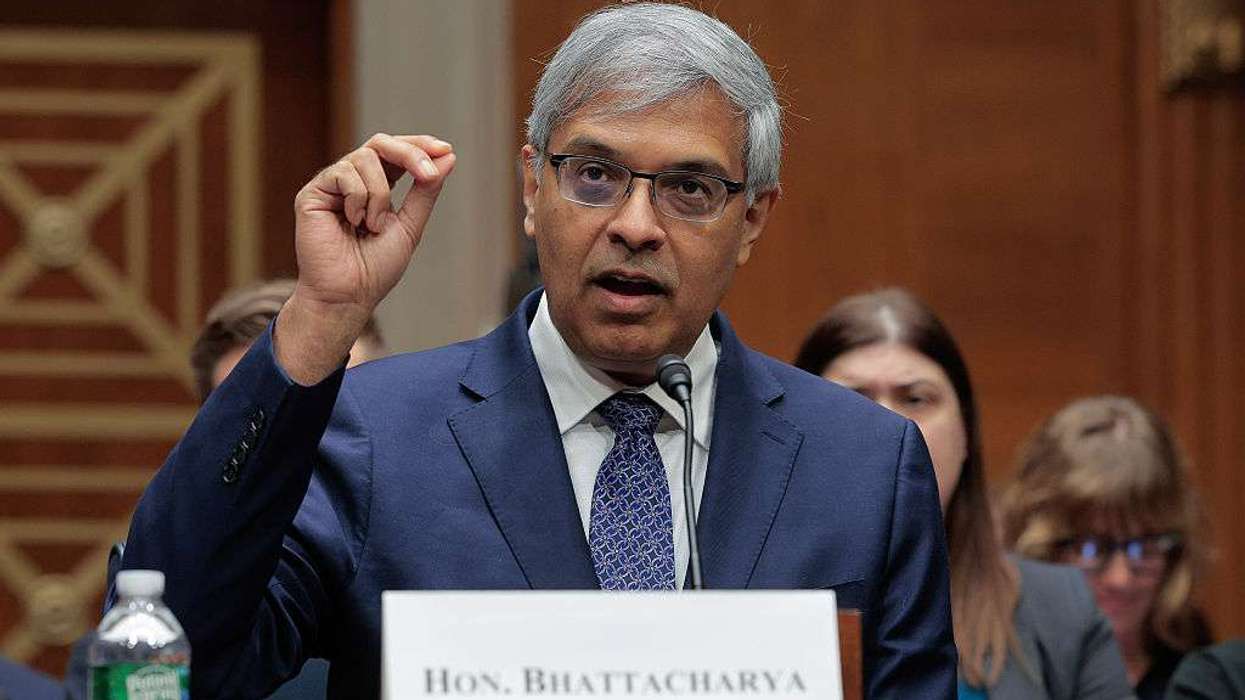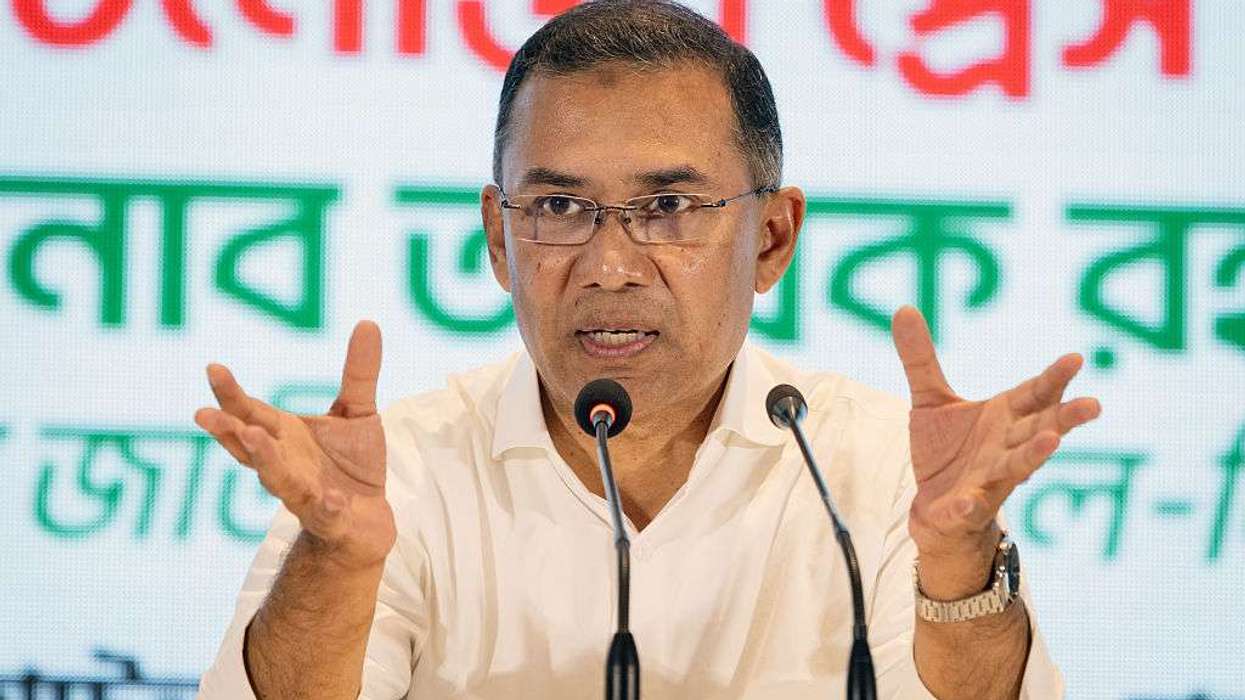MEMBERS of the Maharashtrian diaspora in London on Tuesday (12) celebrated the “homecoming” of a historic 18th-century sword belonging to the famous Maratha general Raghuji Bhosale I, founder of the Bhosale dynasty of Nagpur.
Maharashtra state minister for culture and IT, Ashish Shelar, addressed the Maharashtra Mandal London gathering a day after he took formal possession of the “Khanda”, which the state government had acquired for more than £39,000 at a Sotheby’s auction in April.
The treasured artefact has now completed the legal formalities for its return to India and is set to be received with grandeur at a glittering cultural event in Mumbai on Monday (18).
“The historical importance of this sword is immense, and it is a matter of great pride that Maharashtra now has ownership of it,” said Shelar.
“Raghuji Bhosale was known for his bravery and skill, under whom the Maratha Empire extended from Odisha to the southern regions of India. Therefore, it is not merely a heritage object but also a symbol of the exceptional warrior skills of the Marathas, which will inspire future generations to learn more about Indian history and achievements."
The sword, auctioned in London as a “Basket-Hilt Sword (Khanda)”, is described as a slightly curved, European-style, single-edged blade. The spine is inlaid with gold in Devanagari script, referring to Raghuji Bhosale I’s title of “Senasahibsubha”, meaning Lord of the Provinces and the Army.
The Maharashtra government intervened to acquire the iconic piece with the assistance of the High Commission of India in London.
“The sword, re-purchased by the Government of Maharashtra, will be handed over to the Directorate of Archaeology and Museums for public display,” India House in London said in a statement.
Historians believe the sword may have left India during the 1817 Battle of Sitabuldi, when the British East India Company defeated the Nagpur Bhosales and seized valuable artefacts and weapons from the region.
Upon its arrival in Mumbai, the sword will be welcomed with an auspicious vandan ritual, followed by a grand cultural event at Ravindra Natyamandir, P. L. Deshpande Maharashtra Kala Academy, before being transferred to the Central Museum in Nagpur.
This will mark the start of a wider journey for the Khanda, as it travels across different parts of India.
While in London, the Maharashtra minister also held high-level discussions with the Victoria and Albert (V&A) Museum as part of the state government’s plans to construct a world-class museum in the Bandra Kurla Complex, Mumbai.
This follows a loan agreement with the V&A last year, which allowed a 17th-century Wagh Nakh (Tiger Claws) – believed to have belonged to Chhatrapati Shivaji Maharaj – to travel to Maharashtra for the 350th anniversary of the legendary Maratha warrior’s coronation.
Vrushal Khandke, president of Maharashtra Mandal London, felicitated Ashish Shelar with a replica of the Wagh Nakh as he was greeted by the energetic beats of dhol tasha.
Khandke also made a request, on behalf of the UK-based Maharashtrian diaspora, to establish a memorial to Chhatrapati Shivaji Maharaj in a prominent central London location. He appealed for government support in making this vision a reality, Maharashtra Mandal London said in a statement.
The charity also expressed gratitude to the state government, under the leadership of Chief Minister Devendra Fadnavis, for sanctioning a grant of £422,500 on January 31during the Vishwa Marathi Sammelan in Pune, to obtain the freehold ownership of Maharashtra Bhavan in north London, the statement added.
(PTI)





